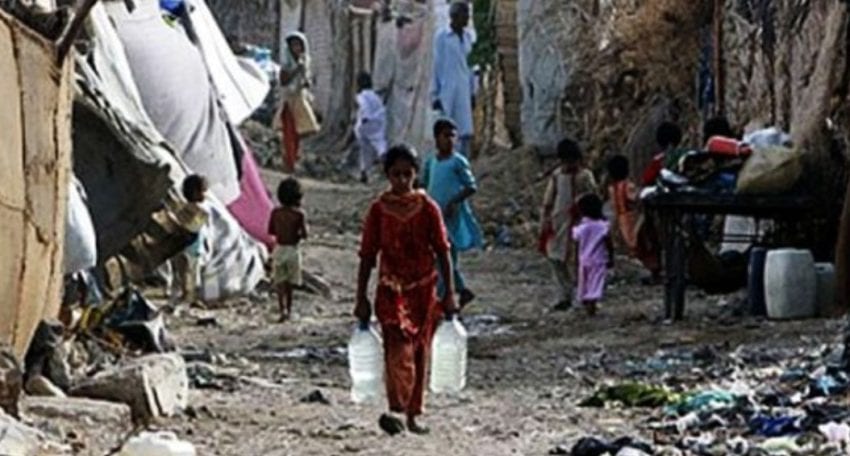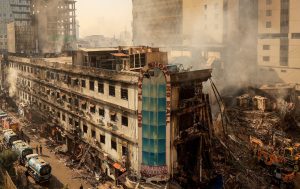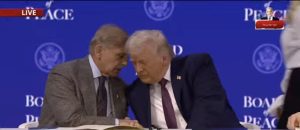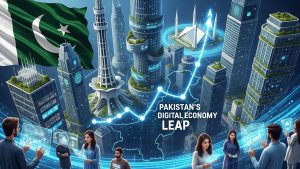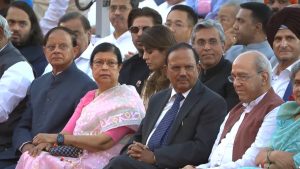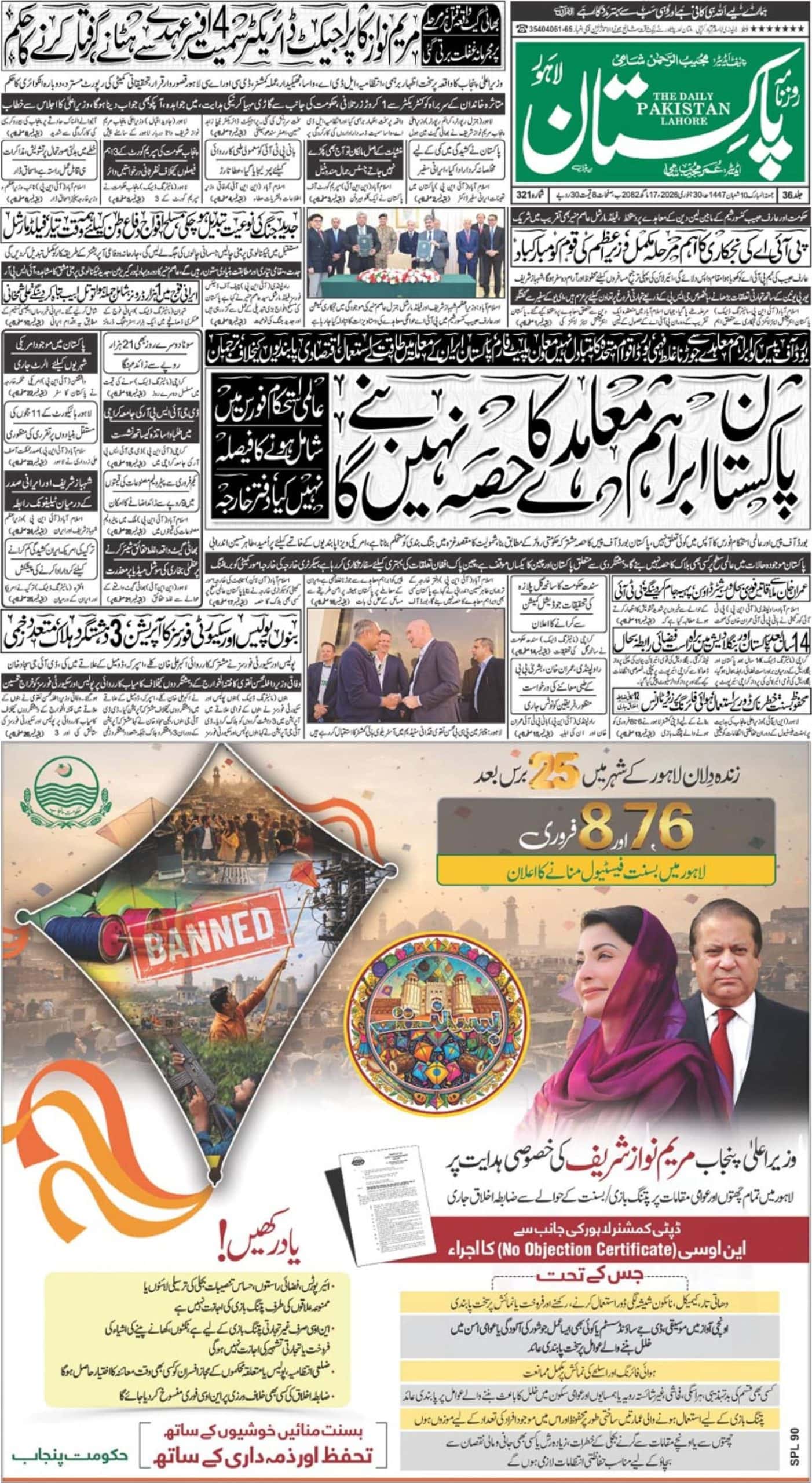Iran’s state-run Press TV has reported that parliament had approved a plan to close the Strait but added that the final decision lies with the Supreme National Security Council.
The closure of the Strait of Hormuz by Iran will marks a serious disruption in global oil supply routes. As a key maritime chokepoint through which nearly one-fifth of the world’s crude oil passes, any blockade or closure severely rattles international oil markets.
For Pakistan, which is heavily reliant on imported fuel, the impact is immediate and far-reaching. Rising international oil prices will inevitably push domestic fuel prices upward. Historically, in Pakistan, fuel price hikes create a domino effect—leading to sharp increases in the cost of transportation, food, utilities, and basic services.
For the poor and marginalized—daily wage earners, slum dwellers, informal workers, and vulnerable rural households—this is not just an economic inconvenience, but a survival crisis. With inflation already squeezing household budgets, any rise in fuel costs will further shrink their purchasing power. Essentials such as flour, vegetables, cooking oil, and medicines will become costlier. Public transport fares will increase, making even daily commuting unaffordable for many.
This fuel-driven inflation could also worsen urban slum conditions and deepen existing inequalities. Women and children, often the most affected in these communities, may face reduced access to health services, clean water, and education as families reallocate scarce resources for basic sustenance.
In short, the closure of the Strait of Hormuz is not a distant geopolitical event for Pakistan—it is a direct hit on its poorest citizens. Without swift and targeted government interventions such as subsidies, social protection schemes, and fuel price stabilization measures, the coming weeks may bring an alarming rise in public hardship, social unrest, and economic strain across already struggling communities.
World Day Against Child Labour: Karachi’s Mechanic Shops Turn Into Zones of Violence, Exploitation

